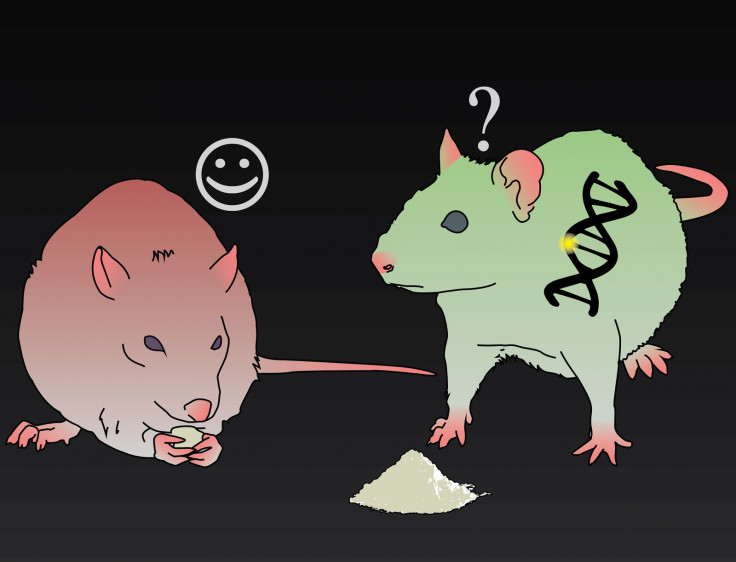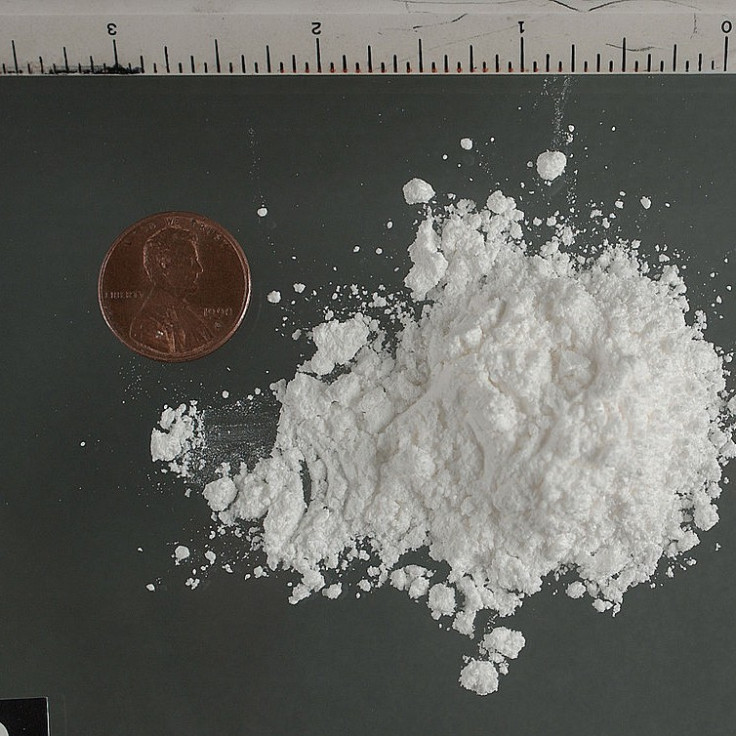Study in rats could reveal why some people go to extreme lengths to seek cocaine
A specific brain receptor may help explain why some find it easier to quit.

Some cocaine addicts may find it easier to get kick the habit because they lack a crucial brain receptor which makes the drug more rewarding. This is the conclusion of a research which has so far only been conducted in rats, but could have important implications for understanding the mechanisms of drug addiction in humans.
Despite years of research, scientists have failed to pinpoint the exact causes of substance abuse disorders and the physiological processes involved.
A study now published in the journal Cell Reports investigates the role of a brain receptor known as mGluR2 receptor in rats to shed light on the physiological mechanisms of addiction. They show that this receptor is involved in modulating the reward-seeking behaviour associated with drug addiction.
When cocaine is not rewarding
Working with rats, the scientists silenced the gene responsible for expressing mGluR2 in the brain of the animals. These rats were more likely than other rats to consume cocaine when it was made freely available, but less likely to seek the drug when more efforts were needed to obtain it. When the cocaine was no longer available, they were quicker to stop their drug-seeking behaviours - and when it was reintroduced they were less likely to relapse.
All of this suggests that these animals do not enjoy much reward when they take cocaine and that getting rid of the habit might be easier for them.
"When the drug is available to them, the animals work to increase their intake to feel rewarded," senior author Zheng-Xiong Xi, an addiction researcher at the US National Institute of Drug Abuse and a study author explained. "But when the drug is difficult to get, the reward isn't worth it anymore, the animal just wants to quit."
Studying the mGluR2 receptor may thus be crucial to understand why some drug addicts get less reward from seeking cocaine and why they can avoid relapsing more easily, while others really struggle. When the receptor is not expressed in the brain, rats find cocaine less rewarding.
Of course, the study has so far only been conducted in animals so more research will be needed to gain more insights into mGluR2's role in humans.
In the long term however, it is possible that studying mGluR2 will help scientists predict people's risk of developing a cocaine addiction. More importantly, it could potentially act as a therapeutic target for drug development.
"Our work suggests that, if you could take a medicine to activate mGluR2 activity, then it would decrease or significantly inhibit both cocaine-taking and cocaine-seeking behaviours," Xi concluded.
Future research will also investigate whether mGluR2 also plays a role in opiates and heroin addiction.

© Copyright IBTimes 2025. All rights reserved.






















